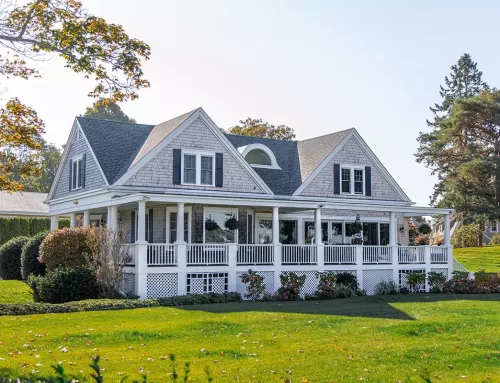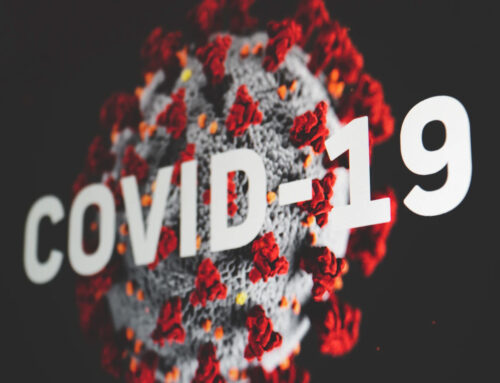I often file either chapter 7s or chapter 13s for individuals that own houses. Most of the time, the individual who files wants to keep their house. And most of the time it is easy for the debtor to keep their house in the bankruptcy. The key issue is the amount of equity in the house: the difference between what the current fair market value of the house minus the amount of money owed on the mortgage(s). If the debtor owns a house by themselves and has $40,000 or less in equity ($50,000 or less of equity if the house is jointly owned and will be a joint bankruptcy filing), then it would be safe to file a chapter 7 (assuming that the debtor qualifies for a chapter 7 based on the means test). In this situation, a debtor can file a chapter 7 and not lose their house in the bankruptcy as long as they keep making the mortgage payments. If a debtor qualifies for a chapter 7, but has mortgage arrearage (especially if there is a pending foreclosure date) then it could make sense to file a chapter 13 bankruptcy because the mortgage arrearage can be paid over the chapter 13 plan (as long as 5 years) as long as they start making the current mortgage payments the month after filing the chapter 13.
Another reason to consider filing a chapter 13 bankruptcy to save a house (assuming that the debtor would otherwise qualify for a chapter 7) would be if the equity in the house is in excess of the $40,000 or $50,000 homestead exemption referenced above. In rare situations the debtor has a significant amount of equity (I just spoke with someone who has about $350,000 in equity in her house). In this situation, a chapter 13 could still help this debtor because they won’t lose the house and they will have up to 5 years to pay their creditors. And the amounts owed to the non-student loan creditors would be frozen at the time of filing (i.e., no more interest will accrue on that debt) and sometimes not all of a debtor’s creditors will file claims and only creditors that file claims will need to be paid in a 100% chapter 13 case (usually chapter 13 cases are not 100% cases, but in a situation where the equity in the house far exceeds the applicable homestead exemption then it is possible that the debtor will need to be in a 100% chapter 13 case).
The above is not meant to act as specific legal advice for your particular situation. There are many permutations of all of the above to discuss if you are currently overburdened by debt and are considering a bankruptcy filing. The main point is that it is very easy to keep a house in either a chapter 7 or chapter 13 filing and obtain significant debt relief and peace of mind. If you live in the Portland, Oregon, metropolitan area and want to discuss potential chapter 7 and/or chapter 13 options than it is a good idea to meet with an experienced Portland bankruptcy lawyer. I have been a Portland attorney since May of 1998 and have been a Portland bankruptcy attorney since 2009. I would be happy to speak with you and/or meet with you to discuss your specific situation and answer all of your questions. In choosing a bankruptcy attorney, I feel that reviewing the Yelp and Google reviews for the attorney is the best way to pick an attorney. Feel free to review my Google and Yelp reviews for Law Offices of Adam M. Weiner and feel free to call my office 503-519- 7123 or send me an email: [email protected] to schedule an appointment. I do not charge for the initial consultation.





